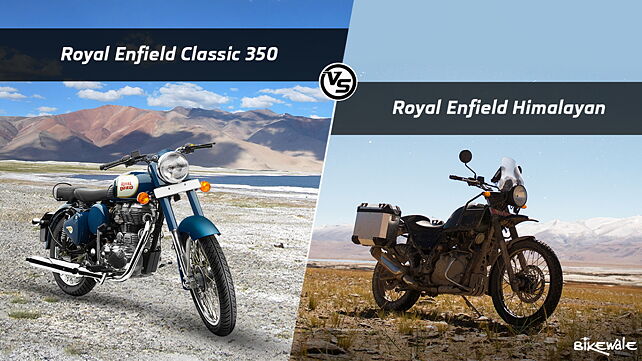
So, Royal Enfield (RE) has launched the Himalayan at a tasty Rs 1.78 lakh, on-road in Mumbai. And, RE has hinted that it’s looking at targeting existing premium commuter buyers (you can read that story here) with its new Himalayan. This is also the reason says RE for the lack in sheer horsepower figures most of us have been complaining about. RE believes, the Himalayan must be manageable to lure in these potential Honda Hornet 160R and Yamaha FZ-S owners.
But, what about the ‘true’ RE buyer, the likes of whom have been lapping up just one model from the company’s lineup? And it is this model – the Classic 350 – that is the sole reason this cult brand has been posting incremental sales month-on-month. If you are that buyer, here’s a quick look on what the Himalayan and the Classic 350 bring to the table.
Old school styling
A ‘bullet’ in today’s context is the Classic 350. So, if it’s a ‘bullet’ that one always wanted, the Classic is what one gravitates towards. And for good reason – it has a similar round headlamp, bulbous tank, and open-able metal side panels. It’s also nearly as heavy courtesy unnecessary amount of metal all round. Now, RE does, of course, produce better, more modern models like the Thunderbird and the GT. And while no one in India really wants the GT, Thunderbird fans are limited as well.
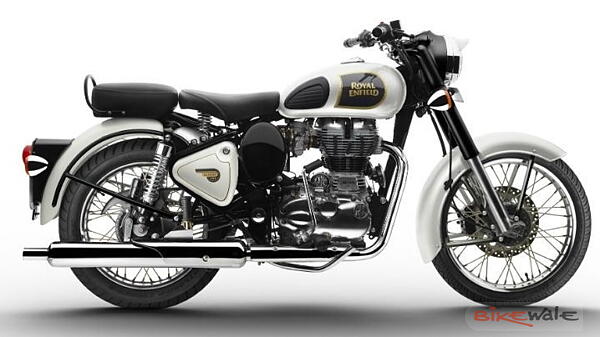
So where does this leave the Himalayan? Among the hardcore ‘bullet’ fans, not in the best place for sure. The styling of the Himalayan is basic; it’s what a newbie ‘bullet’ customiser would come out with, albeit with a light, minimal half faring, you know just to give the bike a more cohesive look. Also an important must-have for most modern day ‘bullet’ fans is the way they might look on the bike.
A wide handlebar that’s almost level with the round headlamp, forward set footpegs and a tank that ensures you always ride with your legs wide open, is something many Classic or aspiring Classic buyers want; for it is the quintessential ‘bullet’ look. The Himalayan in that sense is like any another tall bike; there’s no real appeal there. So for those looking for old-school charm, the Himalayan clearly will be an oddity.
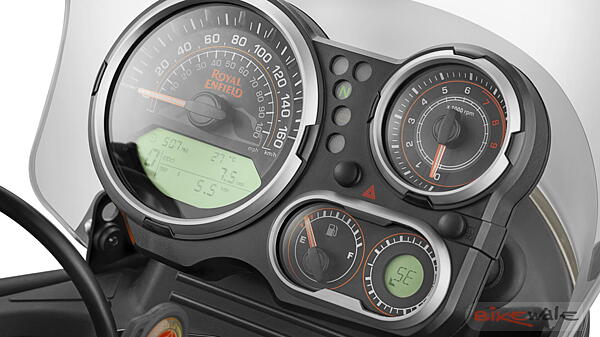
New-age engineering
There’s a line of thought that because RE ditched its old way of placing the rear brake lever on the left and the gear shifter on the right, and gave electric start, and managed better reliability with the new engine, the Classic became a sales success. And, we agree, for it suddenly became accessible to those who always wanted a ‘bullet’ but weren’t exactly charmed by the ‘wrong’ configuration or getting their hands greasy or being stuck by the side of the road. Or, having oil pools in their garage for that matter.
So, now even the young and gadget friendly and formal types were buying Classics and using them for daily commute to work and back.
The Himalayan takes this idea to a whole new level. Sure, it doesn’t get fuel injection or ABS, but it gets RE’s first monoshock! It also has a fine chassis and it brakes with aplomb. The engine – a new 410cc single – is also the most refined and vibe-free that RE has ever produced (you can read the review here that talks about all this). So, if you always wanted an RE and were solely looking at the Classic for it had modern cycle parts and engine, well the Himalayan should be your new hero!
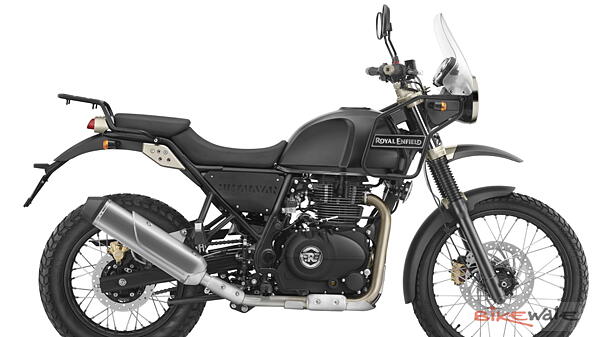
Facts and figures
In terms of sheer numbers, this is how the new RE Himalayan compares with the Classic 350. The Himalayan costs Rs 42,112 more, which might be justifiable because it has a larger engine, more power, more torque, and it is in fact newer.
The Himalayan displaces 411cc, develops 24.5bhp of max power and has a torque rating of 32Nm that peaks at 4,000rpm. The Classic on the other hand gets a 19.8bhp, 346cc air cooled single with a max torque rating of 28Nm.
The Himalayan also weighs less, though the difference isn’t much (182kg against 187kg for the Classic), and it is quicker off the light. We believe it should be able to post a significantly higher top speed as well. The Classic 350 tops out at 130kmph but getting there not only takes patience, it takes great resolve to tolerate the accompanying vibrations.
The Himalayan is expected to be more fuel-efficient too; given the new engine gets oil cooling and all. What’s more, because of the way the Himalayan is setup – its steering geometry, its clearance, its weight bias, and of course, its seating – it will also prove the easier of the two bikes to ride; then be it in the city, out on the highway, or even over poor or no roads.
Finally then…
Here’s our take: If it’s a better RE you want – better specced, better engineered, better produced and better to ride, the Himalayan is a no brainer. But, if it is a truer RE you want – truer in terms of design, truer in terms of charm, and truer in terms of how people might perceive you, the Classic would still be it. For us, we’d settle for the better.
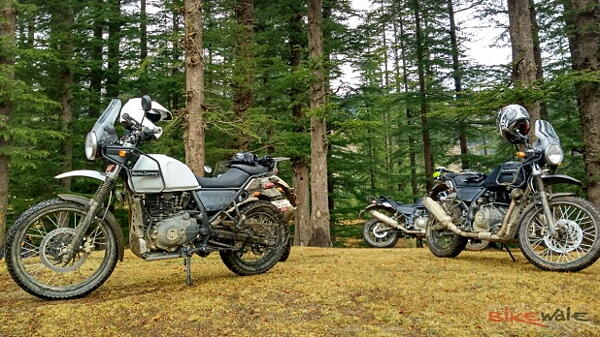

![Royal Enfield Classic 350 [2020] Image Royal Enfield Classic 350 [2020] Image](https://imgd.aeplcdn.com/272x153/bw/models/royal-enfield-classic-350-single-channel-abs--bs-vi20200303121804.jpg?q=80)
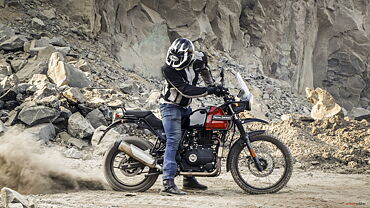
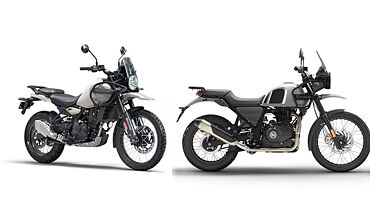


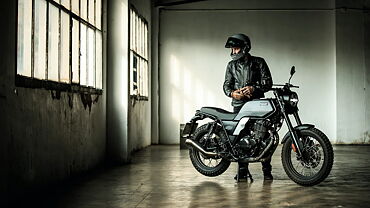

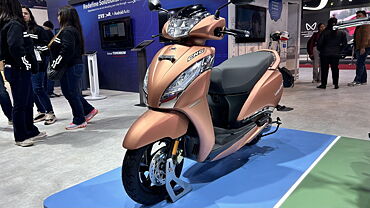
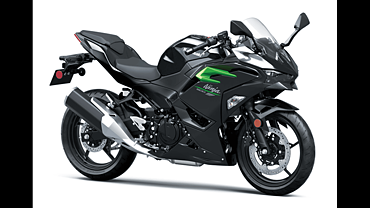
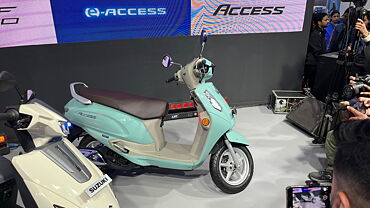
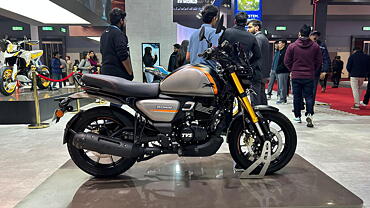

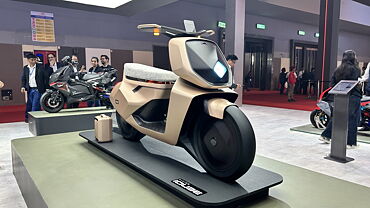
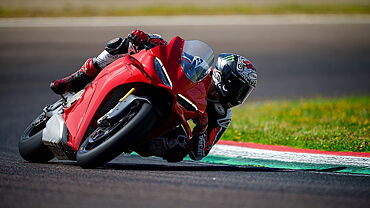
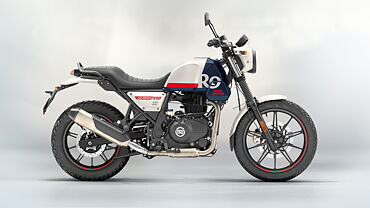
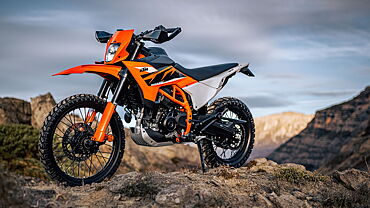
![Royal Enfield Classic 350 [2020] Right Side Royal Enfield Classic 350 [2020] Right Side](https://imgd.aeplcdn.com/199x112/n/cw/ec/49653/royalenfield-classic-right-side33.jpeg?q=80)
![Royal Enfield Classic 350 [2020] Right Side Royal Enfield Classic 350 [2020] Right Side](https://imgd.aeplcdn.com/199x112/n/cw/ec/49653/royalenfield-classic-right-side13.jpeg?q=80)
![Royal Enfield Classic 350 [2020] Right Side Royal Enfield Classic 350 [2020] Right Side](https://imgd.aeplcdn.com/199x112/n/cw/ec/49653/royalenfield-classic-right-side17.jpeg?q=80)
![Royal Enfield Classic 350 [2020] Front Three-Quarter Royal Enfield Classic 350 [2020] Front Three-Quarter](https://imgd.aeplcdn.com/199x112/n/cw/ec/49653/royalenfield-classic-front-three-quarter1.jpeg?q=80)
![Royal Enfield Classic 350 [2020] Side Royal Enfield Classic 350 [2020] Side](https://imgd.aeplcdn.com/468x263/n/cw/ec/49653/royalenfield-classic-side0.jpeg?q=80)

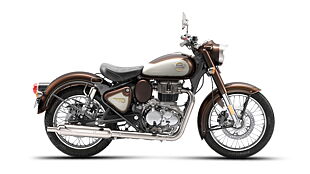
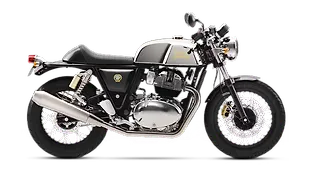

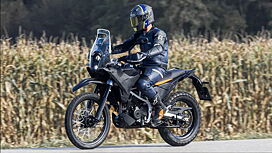

![KTM 390 Adventure X [2025] KTM 390 Adventure X [2025]](https://imgd.aeplcdn.com/272x153/n/cw/ec/190885/390-adventure-x-2025-right-side-view.jpeg?isig=0&q=80)